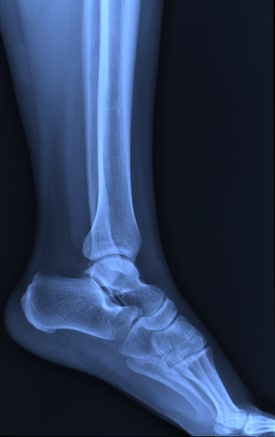To show that you are entitled to VA unemployability, you have to prove that your VA service-connected disabilities keep you from working.
You must also have a combined rating of 70% with at least one of those ratings being for 40% or a single rating of 60% (there are many exceptions to this 40% and 60% requirement).
Once you have this rating then you need to show that these disabilities keep you from working. Here is the evidence you need:
1. VA Form 21-8940
Fill out and hand in VA Form 21-8940, Veteran’s Application for Increased Compensation Based on Unemployability. VA will not approve your claim without this form.
2. Medical Evidence
Gather medical evidence showing the severity of your service connected disability.
3. Statements From Employers
Get any statements you can from former employers about how your disabilities interfered with your work.
4. Statements From Family And Friends
Have your friends and family write statements about the restrictions that your disabilities cause. They should write their observations. It is important that their statements are basic and do not try to be over technical.
Essentially, they need to discuss the who, what, when, where, and why. For example, a wife of a veteran might write, “my husband will go out to mow our lawn with a push-mower. The lawn isn’t more than a quarter acre. He makes one pass and he has to sit for twenty minutes. This is how much he can do ever since we found out that he has ischemic heart disease.”
5. Statement From Your Doctor
Once you have all this evidence, take it to your doctor. If he believes that you cannot work due to your service connected disabilities, then he needs to write a short statement.
In the statement, he must identify the evidence he reviewed, state that ‘it is as likely as not’ that you cannot work due to your service connected disabilities and then WHY. It is the ‘why’ that makes so many doctor statements fall short. The doctor must connect the evidence to you not being able to work.
Back to my example above about veteran having severe heart disease, a good opinion would be something like this:
“I have reviewed Mr. Veteran’s medical records, employer statements, and family statements. I believe that it is as likely as not that his heart keeps him from working because his ejection fraction is so low that he is not getting the blood flow that he needs, which in turn zaps all his energy. He would not be able to make it through a full workday.’
If you are proactive in obtaining this evidence then your chances to win will go up significantly.




